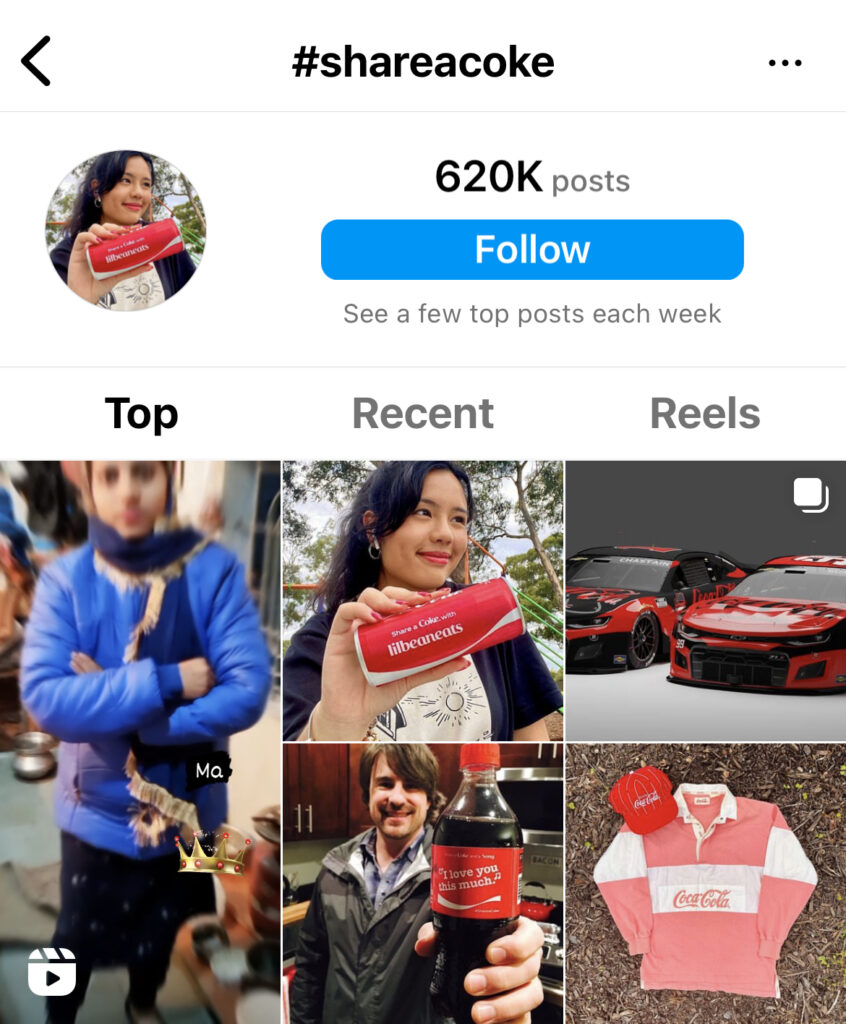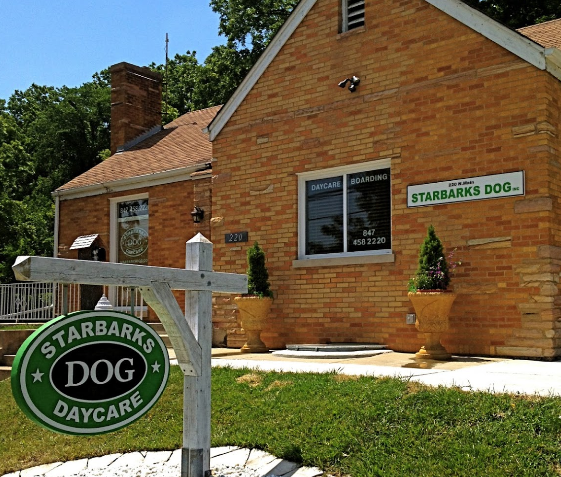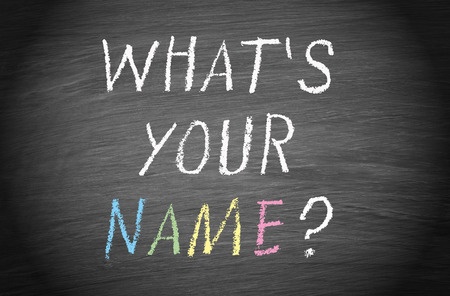
Can you trademark a hashtag in 2023?
Yes, and this is especially important if you are seeking to protect a brand or product name that includes hashtag marks in the name.
Currently there are 1,232 registered and active trademarks that include a hashtag (#) or the word “hashtag” in their name.
So yes, registering a name with a hashtag is definitely possible. But before you rush off to file a trademark application, there are some things you must keep in mind.
In this post, we will discuss what a trademark does, how to register a trademark with a hashtag and whether it makes sense to do so for your business.
What does a Trademark Do?
You may be wondering what a trademark does, and what the benefits of registering a trademark are.
Under US trademark law, a trademark serves to identify the source of goods or services in the marketplace. This is the simplest way to describe a trademark… as a source identifier.
Above all else, you must understand that everything in the trademark world is tied to commerce.
So if you are thinking that you came up with a really cool hashtag for your instagram posts, but you aren't actually selling anything using that hashtag, then you can't register it as a trademark.
The Main Purposes of the Hash Symbol and It's History
In the pre-Twitter days, the hashtag mark (aka hashtag symbol) was first used in 1988 to group related content and topics on Internet Relay Chat (IRC).
It wasn't until 2007 that the hashtag was first used on Twitter. Chris Messina (@chrismessina) first suggested using the “pound” sign for groups and content. During the California wildfires, Chris noticed that #SanDiegoFire was being used on Flickr, so he reached out to fellow Twitter user Nate Ritter who was tweeting about the fires and suggested that he use the hashtag in his tweets.
The rest is history, as Twitter later embraced the hashtags as a search tool and for “Trending Topics.” Thereafter, the use of hashtags became prolific on other social media platforms such as Facebook, Instagram, TikTok and Pinterest.
Today, hashtags are an indispensable tool for grouping a specific topic or similar social media posts. Smart brand owners get creative with their use of the hash sign in their posts and social media campaigns to promote their products and services.
Hashtags Weren't Intended to be Trademarks… Initially
Even as hashtags have become an indispensable marketing channel and an important way to group similar content on social media, a mark comprising a hashtag and its role as a protected trademark is often misunderstood by business owners.
This is because the inherent purpose of a hashtag is to group and organize a particular topic or similar types of content, not to identify a source of goods or services.
Smart and enterprising large companies, such as Coca-Cola have used hashtags to promote not only their products, but a variety of social movements. But that doesn't mean it is appropriate to register those hashtags as trademarks in every instance.
Take the #shareacoke example. While this is a smart and effective way for the Coca-Cola Company to promote its brand, they have chosen not to trademark this term. The hashtag functions as a way to get people to not only “share a coke” but to use that hashtag in connection with their social media posts. At last count, over 620,000 people had used the hashtag #shareacoke in their social media posts on Instagram.

On the other hand, if you are using a hashtag as part of your overall brand messaging and strategy, or even as your business name, then registered trademarks that include hashtags as a proposed mark could be a very smart and strategic decision.
A very smart way to incorporate a trademark as your hashtag would be to create a line of products (clothing, for example) around the hashtag, and then use the hashtag to promote your products.
How to Register a Trademark
Another common misconception about trademarks is how to actually register one. Most people think that they simply fill out the trademark application, file it with the trademark office, and in a couple of months they will receive a trademark registration.
Unfortunately, it doesn't work that way.
Trademarks, even those with hashtags, are tied to use in commerce. So if you aren't selling anything with that hashtag you want to register as a trademark, then you will never receive a registration. You can't turn an otherwise unregistrable mark into a trademark registration just by adding a hashtag.
Assuming you are using your hash-tagged name or slogan in commerce, then you must make sure your hashtag is not a generic word (which is incapable of trademark protection), or contain too many descriptive words about what you sell. From there, you must list the proper trademark owner on your application, inform the trademark office of what name, slogan or logo you want to register, properly identify the class of goods or services you will be selling under, and then describe what it is you are selling.
Assuming the examining attorney at the USPTO (United States Patent and Trademark Office) does not reject your reason for a variety of reasons, then your file will proceed to publication where other parties can oppose your application. If nobody opposes your application and you meet all of the other criteria for registration, then you will receive a trademark registration certificate within about 12-18 months after you first filed your trademark application.
The Benefits of Trademark Protection
If you are serious about protecting the name of your brand, and it includes a hashtag in your name, then registering a trademark is not just suggested, it is absolutely necessary.
There are five main benefits to registering your trademark that we talk about frequently on this blog and and on my YouTube channel.
The first main benefit of trademark registration is that you receive the exclusive right to sell the products and services you list on your trademark application under your registered name.
The second main benefit is that by registering your trademarks you can be sure that you aren't accidentally infringing on another brand with the same or a confusingly similar name. If you are an accidental infringer and someone else finds out you are using their name in a way that would cause consumer confusion in the marketplace, then they can shut down your business, sue you, or force you to rebrand at a tremendous cost of time and money.
The third benefit is that you can spread the word about your business without fear of anyone stealing your name. A trademark offers you legal protection from trademark infringement. The more your business grows, the more copycats will come out from the woodwork to try and mimic what you are doing. If you haven't registered your trademarks, then they could even steal your brand name.
The fourth main benefit is that a registered trademark allows you to license and/or franchise your business. In this way, you can start to sell your intellectual property for real cash money.
The final benefit of trademark registration is that it greatly increases the value of your brand if and when you decide to sell your business. And conversely, the lack of a trademark registration in connection with your business assets can actually diminish the value of your business during the due diligence process.
Does it make sense to trademark hashtags?
If you are building a business and your brand name includes a hashtag, then by all means it definitely makes sense to protect that intellectual property with a registered trademark.
But if you are just using a hashtag in your social media content to group together similar posts or attract eyeballs to your content, then a registration is not quite as important.
If you would like to speak with me for guidance on how or if you should register your trademarks, feel free to schedule a strategy session with our law firm by visiting this link.



